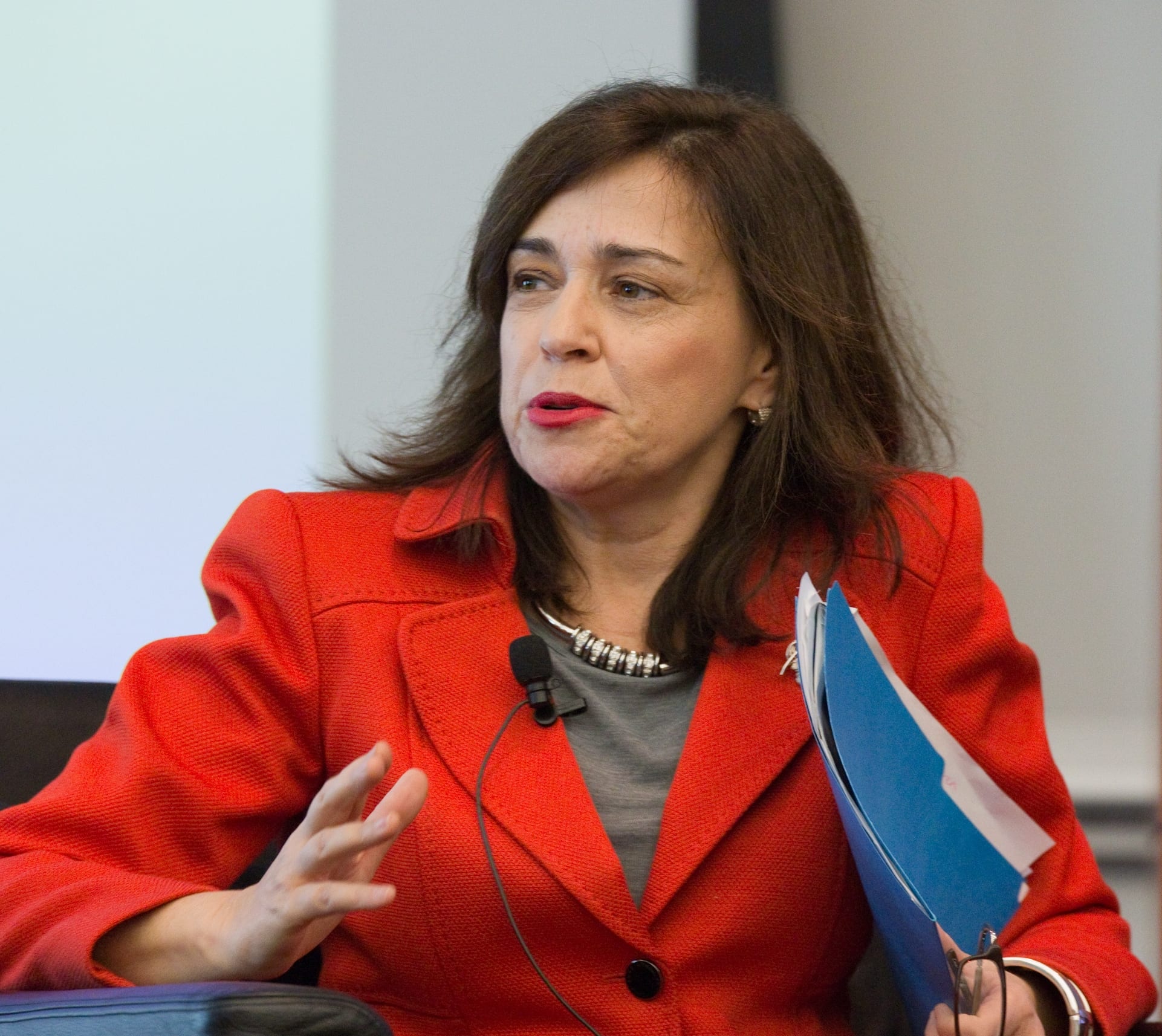
By Tara Sonenshine
Recently, I read a fascinating speech by Donald M. Bishop, President of the Public Diplomacy Council. He led U.S. public diplomacy in Bangladesh, Nigeria, China, and Afghanistan. He is a trainer, speaker, and mentor in public diplomacy and communication. He also speaks on history and leadership.
His remarks are bold and insightful. I found myself agreeing with many of his individual points – but I take issue with the overall, rather dire view and negative view, that America’s public diplomacy is weak, lacks direction, and increasingly focuses on feel good issues. Ironically, the speech attempts to suggest a more focused, perhaps narrower set of issues for public diplomacy to concentrate on… but in the course of the critique – a multitude of issues and directions are outlined including social media, innovation, countering violent extremism, religious outreach, etc.— a laundry list as long as those the author laments that public diplomacy already faces. All good issues, by the way.
In short, my reaction to the speech:
1. Yes, public diplomacy should play an important role in diplomacy, foreign policy, and national security. Agreed.
2. Yes, we need a clearer “doctrine” or set of strategic imperatives to help guide the communications of those doctrines by public diplomacy officers. But the world, post-Cold War, post-9/11, and post post many other issues, does not quite lend itself to easy doctrines of “containment” or “anti-terrorism” or other simple slogans. Global engagement these days has increasingly complex dimensions.
3. Yes, we all want more public diplomacy personnel at posts — and we agree that in this world of constrained resources, we won’t get them.
4. But no — we are not doing just feel good programs. Ninety-two percent of those who participate in some of those programs (take the Study of the U.S. as an example) go on to work in civil society organizations, run for office, and give back to their communities. They do way more than feel good — they do good. Many of those who participate in exchange programs become prime ministers, presidents, Nobel Prize winners, and leaders. The programs that ECA does are important and it demeans them to talk about them as feel good. Fulbright is not feel good. Gilman scholars are serious people. UGRAD and all the others I can name are critical.
5. Yes, let’s do a better job of communicating about how to deal with religious divides, how to counter violent extremism, how to utilize social media, how to innovate. And yes, let’s be more than a collection of programs and have a coherent set of strategic imperatives.
But let’s not blame public diplomacy officers for not coming up with the big strategic doctrine. They do, as the author notes, have quite a bit on their plates.
Thank you, Don Bishop, for giving us quite a bit to think about and thank you, truly, for your ongoing service to the country.
Tara Sonenshine is a fellow at the School of Media and Public Affairs at The George Washington University. Previously, she served as the Under Secretary of State for Public Diplomacy following a distinguished career in government, non-profit organizations, and the media.

